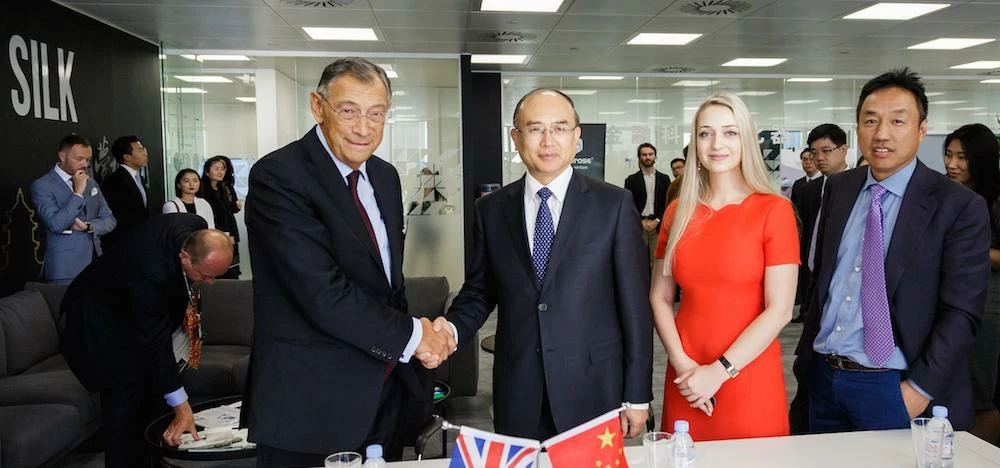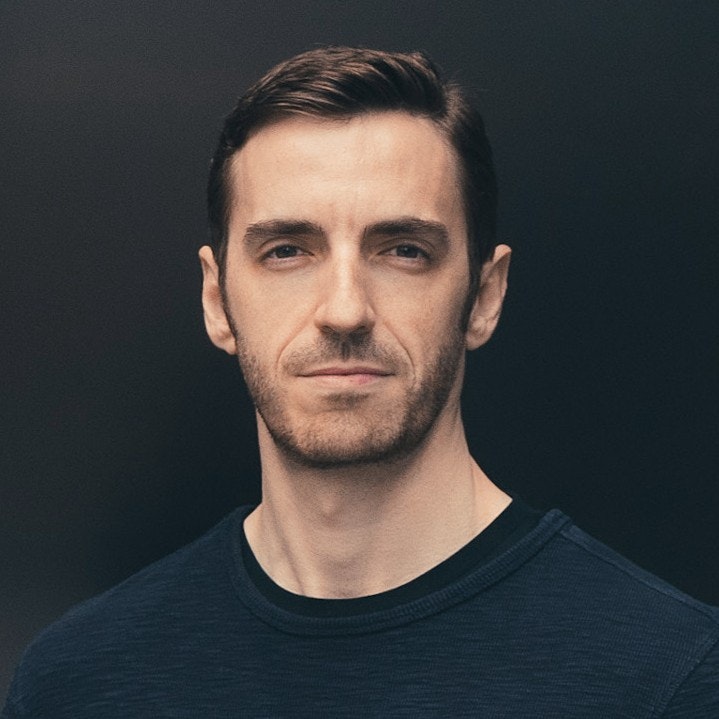Family offices — the investment organisations for wealthy individuals — are changing. They’re no longer solely run by the children of billionaires.
A new generation of family offices is being founded by recently successful founders to (hopefully) get a good return on their capital and leave a lasting legacy. One of them is BLN Capital, founded by three German gaming entrepreneurs.
Daniel Stammler, Janosch Kühn and Oliver Löffler founded Kolibri Games in 2016 when they were students. Their biggest hit, Idle Miner Tycoon, had been downloaded by over 100m players globally when they sold 75% of the business to French gaming giant Ubisoft in 2020 for roughly €120m. They had no outside investors.
The Kolibri team was starting to think about a family office when the Ubisoft deal was signed, as the game had already been very successful. In year four, the bootstrapped business was making almost €55m in revenue, with earnings before interest and taxes of €20.2m.
“Suddenly you have all that liquidity. Back in those days, if you just left it in your bank account you would pay a negative interest rate. So it was like, ‘What do we do with the money?’,” says Kühn.
Here’s what they did with it — and what they learned along the way.
Asset allocation: public and private equity
The team reached out to wealth managers at big banks who got them set up with some basics, but Kühn says the team knew they needed “more structured and sophisticated thinking” and a dedicated family officer to run the show.
They found Jan Voss, who now leads a team of two other investors and two team assistants to allocate and find managers for the exited entrepreneurs’ wealth.
Voss explains that the three founders were willing to accept higher levels of risk and liquidity “to optimise for the long term”. He says that risk tolerance might be different for someone who had a smaller exit and wanted to live off that money, and thus was looking for a certain amount of cash generated annually.
BLN invests in public and private equity and has backed the who’s who of German VC funds including Possible Ventures, UVC Partners, Cavalry Ventures, Headline, Project A, Vsquared Ventures and Visionaries Club.
Given the founders are entrepreneurs themselves, they’re also interested in directly investing in early-stage startups, especially in the mobile gaming industry. “We can be very hands-on, especially when it comes to mobile gaming — marketing, scaling. This is the stuff we know very well,” says Kühn.
Then there’s knowledge about exits. Kühn says for founders looking to exit one day, finding the time when company and market timing overlap is key.
“Both cycles need to be synchronised. The company needs to be ready and the market needs to be ready,” he says. “I’ve seen this now a few times with companies we invested in or saw from afar, where they missed their point in time.”
But to get into those fund and startup deals, BLN decided it needed to create a slick brand and build a public persona.
“At least for the very good funds, we need to fight to get in there to allocate money. For third- or fourth-generation [family office] wielding billions all those talks are easier. That forces us to be more public. Also, because we’re doing direct investments into startups, you need a brand. You need to stay visible,” says Kühn.
BLN’s gaming investments include game studio aggregator Phoenix Games, gaming infrastructure company coherence, game engine developer AppOnboard, and gaming studios like Crayon Games and Roamer Games. They’ve also backed non-gaming companies like skilled blue-collar careers platform PowerUs, design platform Kittl and low-code API builder Fastgen.
Lessons from building a family office
Kühn says the team has learned a few lessons as a family office. The first was being “very careful where to deploy the money”.
“Maybe you do four or five fund investments a year, and if two or three of them are not good, you are in a bad position. With Kolibri, you made two or three decisions a day. If you failed for a week, it didn’t really matter because you have so many weeks to balance it out.”
Voss also says that the team learned how attractive startup investments or VC investments can be for recently exited founders, but that they can also be very time-consuming, especially when the portfolio grows.
“The main learning I would take away as somebody who just sold their business is not to be reactive, but proactive. Initially, every VC ticket sounds great. It’s a binary decision — ’Why should we invest? Why should we not invest?’ But after some time, you start to look at the deal flow as a whole and think, ‘I have so many opportunities I can invest in at this time, what actually makes sense?’,” he says.
Voss also says that PE and VC firms seem happy to have more family offices as LPs, especially those with the kind of profile of BLN.
“Janosch and I are white men, but we’re not 50-year-old white men in suits that do nothing else but write fund documents all day.”


